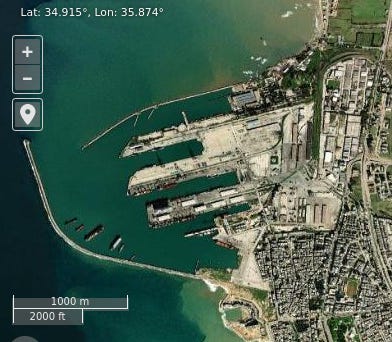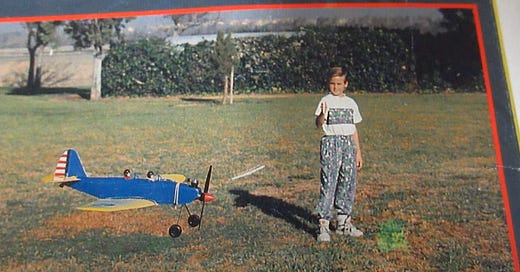The Russia in Syria Edition
On strategic naval ports, airfields, and how quickly policy can pivot.
Colin here. We previously explored Syria's role in the Captagon trade—a reflection of its dire and fractured state under Bashar al-Assad. Today, with Assad's regime removed, Syria enters a profoundly unstable phase reminiscent of post-invasion Iraq. This transition introduces a volatile mix of challenges, including unresolved issues with Assad’s chemical weapons stockpiles, a surge of returnees from Turkey and Lebanon, the release of prisoners, and the onset of a proxy power struggle among various factions.
Compounding this instability is Syria’s significance as a cornerstone of Russian military influence in the Middle East. Two strategic assets—Tartus, a naval port on the Mediterranean, and the Hmeimim airfield in Latakia—have been instrumental in Russia’s regional power projection. Their future is now uncertain.
Why is this interesting?
Tartus provides the Russian navy with a crucial foothold in the eastern Mediterranean. The loss of this port would severely undermine Russia's maritime strategy, especially given the vulnerability of its Black Sea facilities due to the ongoing war in Ukraine. Janes analysts note that without Tartus, Russia might be forced to redeploy ships and submarines to the Baltic Sea.
Hmeimim airbase is also a vital asset, enabling airstrikes against Syrian rebels before the fall and supporting Russian mercenaries in Libya, the Central African Republic, and Sudan.
Moscow has already begun diplomatic and media efforts to secure these installations. The Washington Post reports no evidence of a large-scale Russian withdrawal from Tartus or Hmeimim, signaling Moscow's determination to retain its foothold.
Dara Massicot, of the Carnegie Endowment for International Peace, spoke yesterday in the Guardian about the resources Russia might leverage in negotiations: financial aid, barter agreements, oil and gas supplies, and limited mercenary support.
This strategy reflects a sharp pivot. Just days ago in Doha, Russian Foreign Minister Sergei Lavrov described the Islamic Group HTS as a Western-backed terrorist organization, asserting it "should not be allowed to seize land in Syria."
Now, Moscow’s diplomatic efforts suggest a more pragmatic approach as it works to protect its assets.
The strategic value of warm water ports and vital airfields underscores the stakes in Syria's post-Assad era. As Syria grapples with its future, Russia’s continued maneuvering will play a role. The outcomes will not only shape Syria’s trajectory but also frame the scope of Moscow’s influence across the Middle East and Africa. (CJN)














